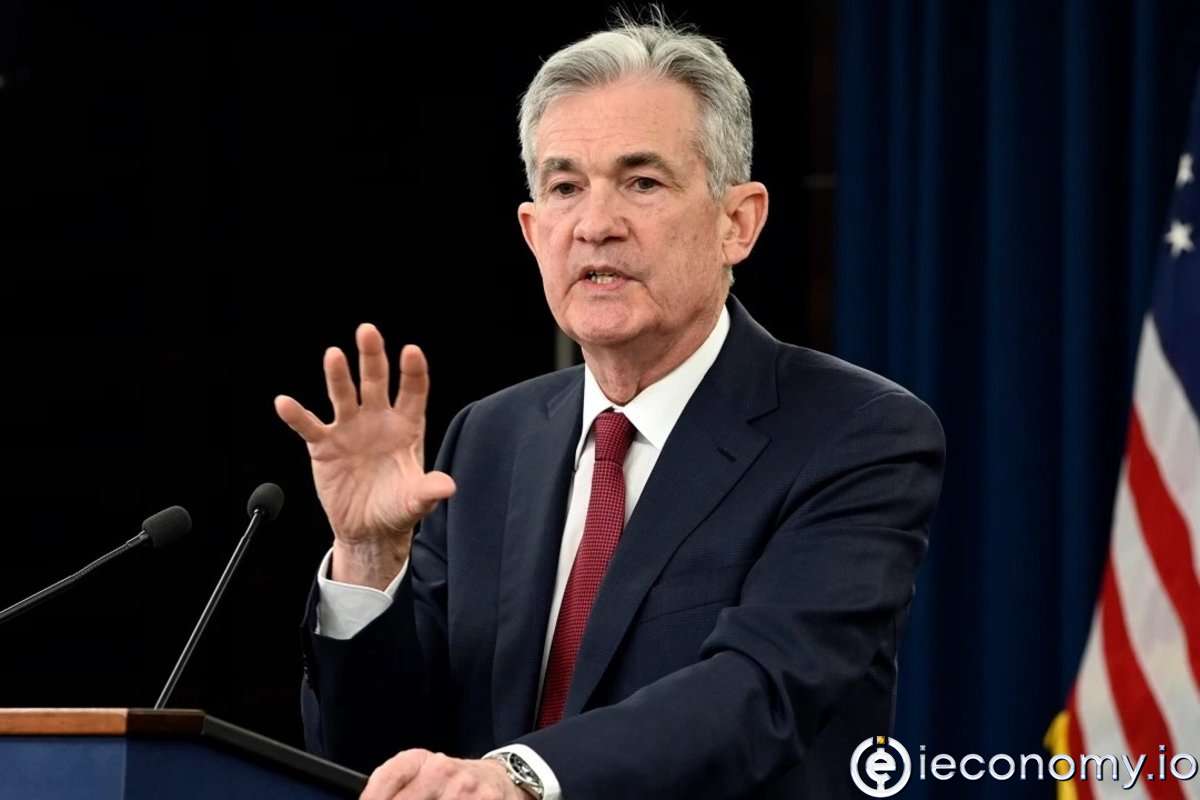11874
0
Powell has announced the beginning of the exit from the monthly aid
The US Federal Reserve Chairman Jerome Powell has announced the beginning of the exit from the monthly aid billions this year.

Yazar: Tom Roberts
Yayınlanma: 27 Ağustos 2021 20:32
Güncellenme: 2 Mart 2026 22:10
Powell has announced the beginning of the exit from the monthly aid
The US Federal Reserve Chairman Jerome Powell has announced the beginning of the exit from the monthly aid billions this year. "It might be appropriate to start tapering this year," he said at the Jackson Hole Fed conference. At the same time, he explained in more detail why he expects the recent surge in inflation to subside over time. The central bank cut its key interest rate to near zero when the pandemic hit the US economy in March 2020, and has since been buying $ 120 billion in government bonds and mortgage securities every month to provide additional stimulus. The surge in infections due to the delta variant has complicated the economic outlook. The risk of a more pronounced economic slowdown increased precisely at the point in time when some monetary watchdogs were ready to reduce the pace of monthly bond purchases, also known as tapering in technical jargon. The next Fed meeting will be on September 21-22, and several Fed officials have said they are in favor of reducing bond purchases shortly after this meeting if the latest streak of strong job data continues. Powell's remarks did not indicate when the process is likely to begin, suggesting that the tapering is unlikely to happen until the next meeting in early November. Powell used most of his much-anticipated speech to explain why he remains confident that this year's inflation spurt will prove temporary and why it is so important for the Fed to make that decision right. He referred to a historical record that goes back to the 1950s and that "teaches monetary policy makers not to try to offset the likely temporary fluctuations in inflation". He went on to say, "Indeed, a reaction can do more harm than good, especially at a time when interest rates are being set closer to zero." Since it could take up to a year for monetary policy decisions to have an impact on the economy, tightening monetary policy runs the risk of a poorly timed move unnecessarily weakening the economy. This could lead to fewer new hires and too low inflation, he said. "Today, when the labor market is still in a significant slump and the pandemic continues, such a mistake could be particularly damaging."İLGİLİ HABERLER





European stocks soared and focus shifted to German retail sales after Powell's speech!

Forex Signal For TRY/USD: Inflation Slowdown in November.

Forex Signal For GBP/USD: Bullish Trend Still Not Breaking While Recovery Continues.

Forex Signal For EUR/USD: Starry US Data Points to Higher Fed Increases.

Forex Signal For BTC/USD: Downside Continues as Bitcoin Recovery Moves Less.
En Popüler Haberler
Yorum Yap
Yorumlar
Henüz yorum yapan yok! İlk yorumu siz yapın...